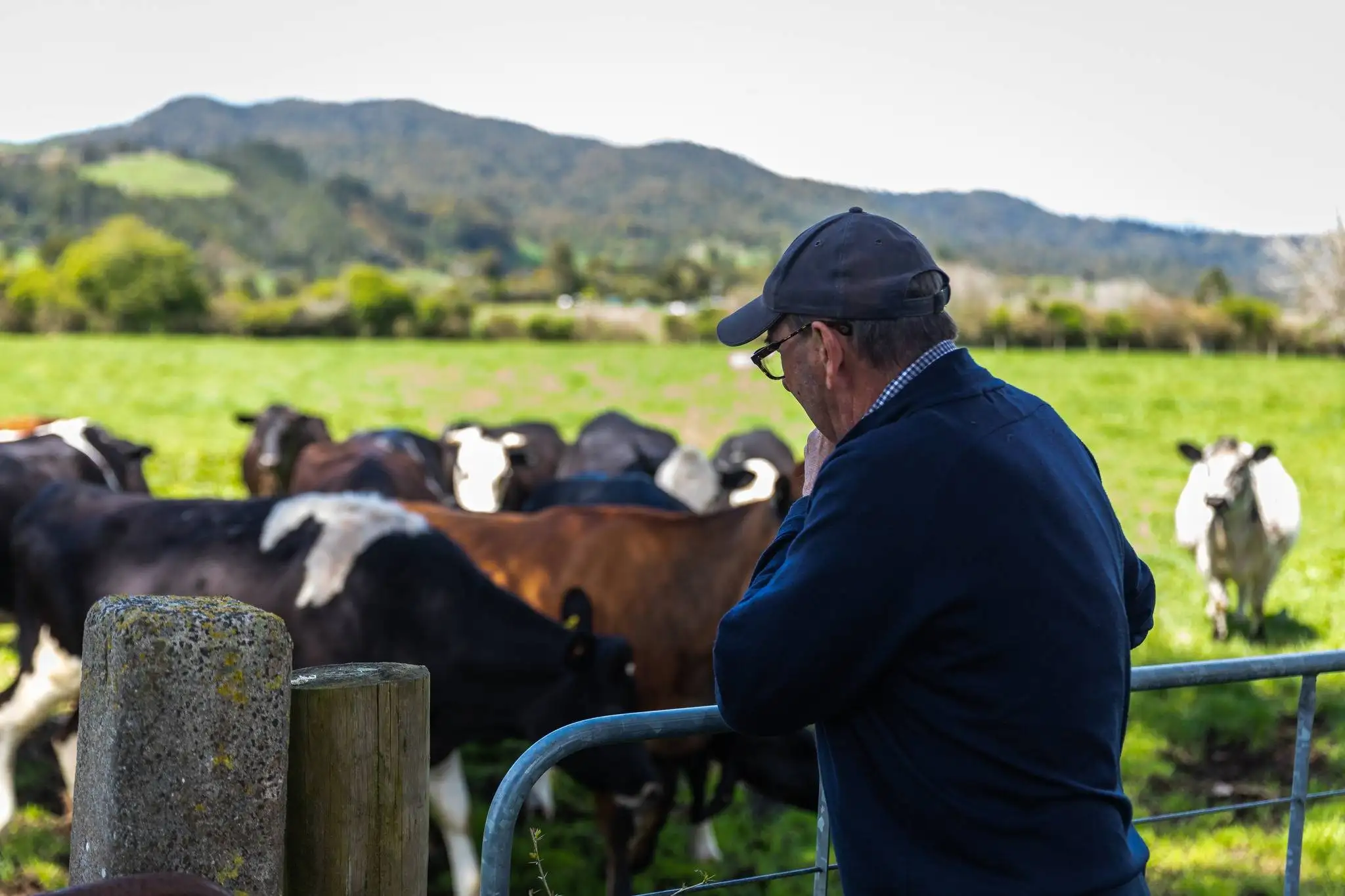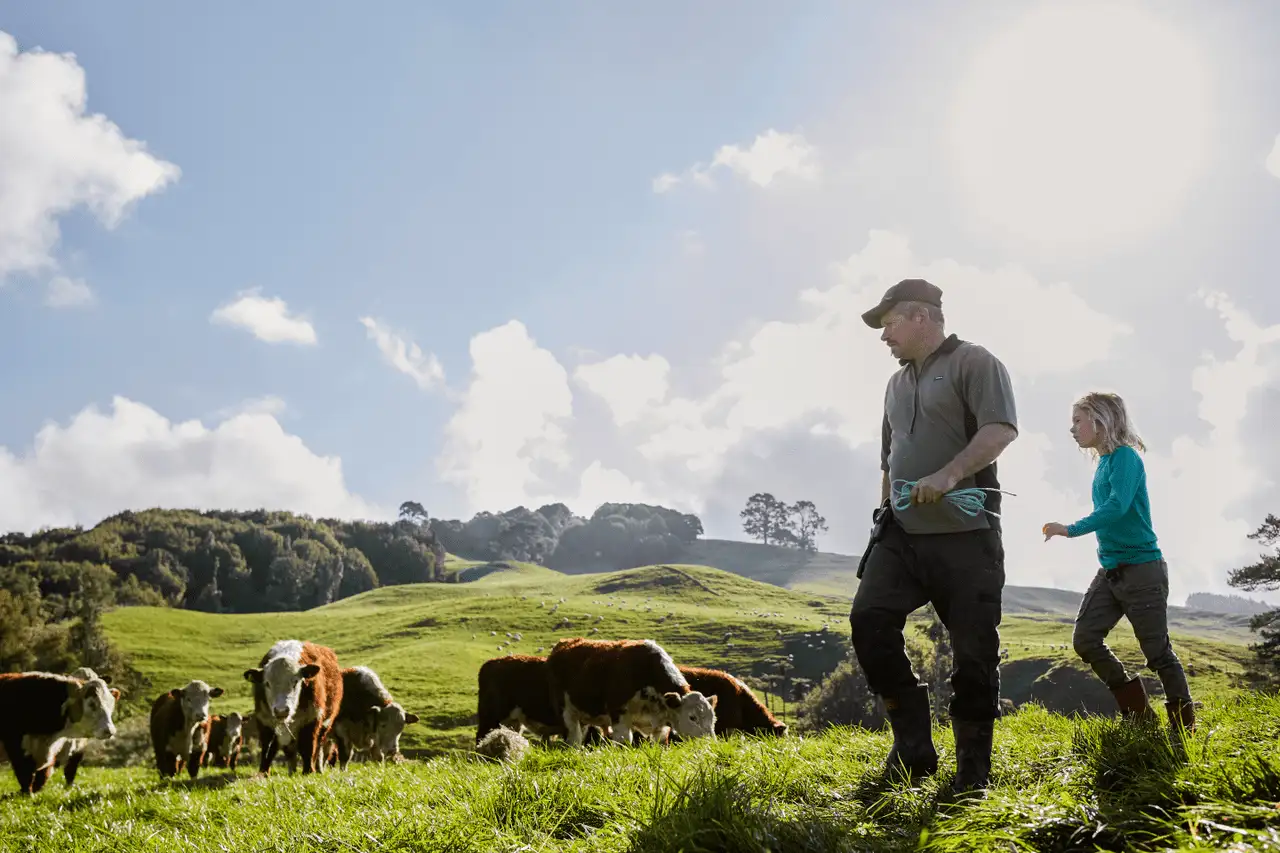
Farm Succession Planning
Succession planning in farming is a vital process that can be navigated with confidence, even amidst the complexities of family dynamics and financial challenges. Farms often carry substantial assets while experiencing cash flow constraints, which can limit succession choices. However, it’s essential to shift the focus from equal distribution to ensuring the owners’ needs are prioritized in their later years, while still aiming to keep the farm within the family.
The traditional notion of leaving all assets to the eldest son has evolved. Today, equitable distribution among children is the societal norm, yet New Zealand law does not obligate parents to provide equally for each child upon death. In the past, seamless transfers were managed through wills without the need for extensive succession planning, but times have changed. Now more than ever, a proactive approach to succession is necessary.
Engaging in open family discussions about succession is crucial. While children grow up immersed in the farming lifestyle, their aspirations can differ significantly. It’s equally possible for multiple children to express a desire to take over the farm.
This makes candid discussions about succession not just beneficial, but essential. Starting these conversations early—ideally in the children’s twenties—normalizes the topic and fosters an environment of honesty and openness.
When family members feel empowered to share their true feelings about the future of the farm, you mitigate the risk of misunderstandings and divisions within the family. By approaching succession planning with confidence and forthrightness, you lay the groundwork for a harmonious transition that honors both the legacy of the farm and the aspirations of the next generation.

We can approach the transition of farm ownership with clarity and confidence by addressing the important questions ahead. The future of the farm holds immense potential, and it’s crucial to assess: Is the farm economically viable for the next generation? Can the transition happen without creating unmanageable debt?
What role do the parents envision for themselves in the farm’s operation moving forward? Is there more than one child eager to step into the legacy of the farm? Are the children prepared to embrace the responsibility of running it? How can we strategize the ownership transition to ensure smooth continuity?
By exploring innovative opportunities on the land, can we establish diversified income streams to benefit multiple children? Can the family’s existing wealth be leveraged to unlock additional farming ventures for other children? Could the farm generate dividends for off-farm children, or will economically realistic decisions require important discussions with non-farming heirs?
At its core, the farm operates as a commercial entity, and its long-term sustainability is pivotal. Like any successful business, having proactive contingency plans for unforeseen circumstances such as disability, illness, or death will protect the legacy we are building. This is an exciting chance to ensure the farm thrives for generations to come.